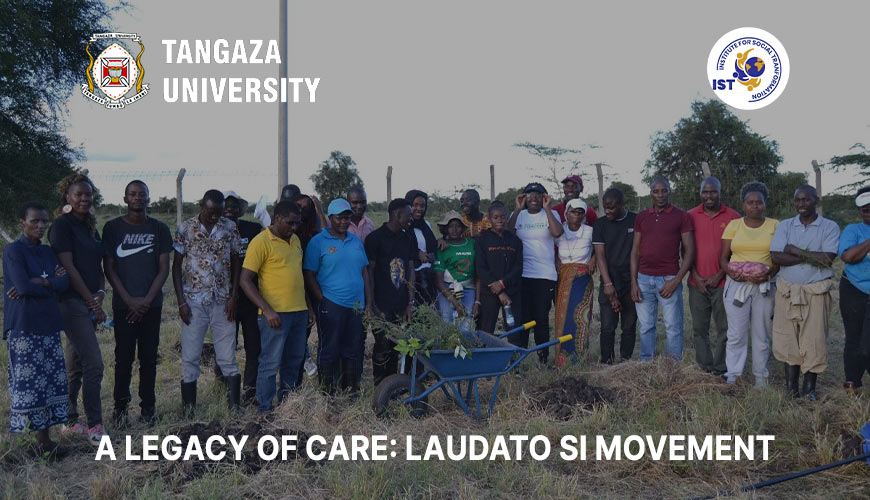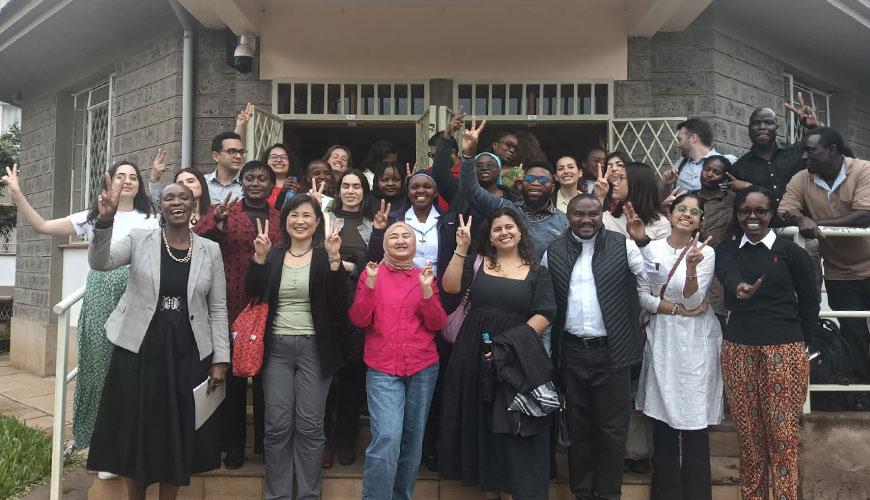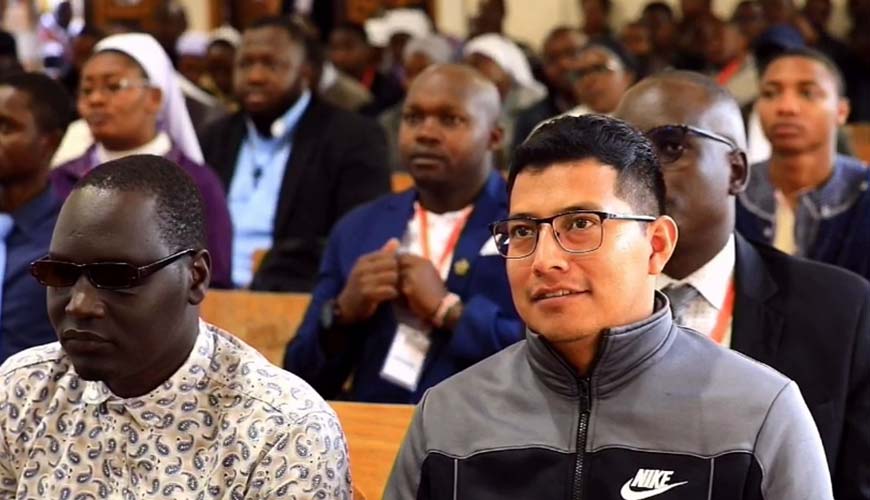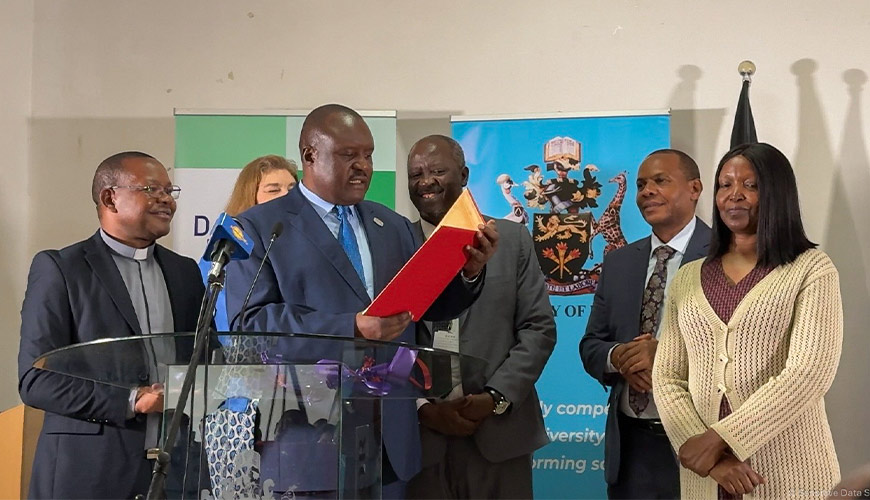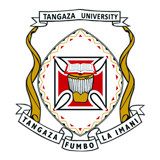On Saturday, May 3rd, Tangaza University, through its Laudato Si movement, in collaboration with seven partner organizations, came together to honor and celebrate the life and inspiration of their patron, the beloved Pope Francis. This meaningful event brought together students from across Tangaza’s institutes and schools, reaffirming the power and necessity of collaboration in addressing today’s pressing societal and ecological challenges.
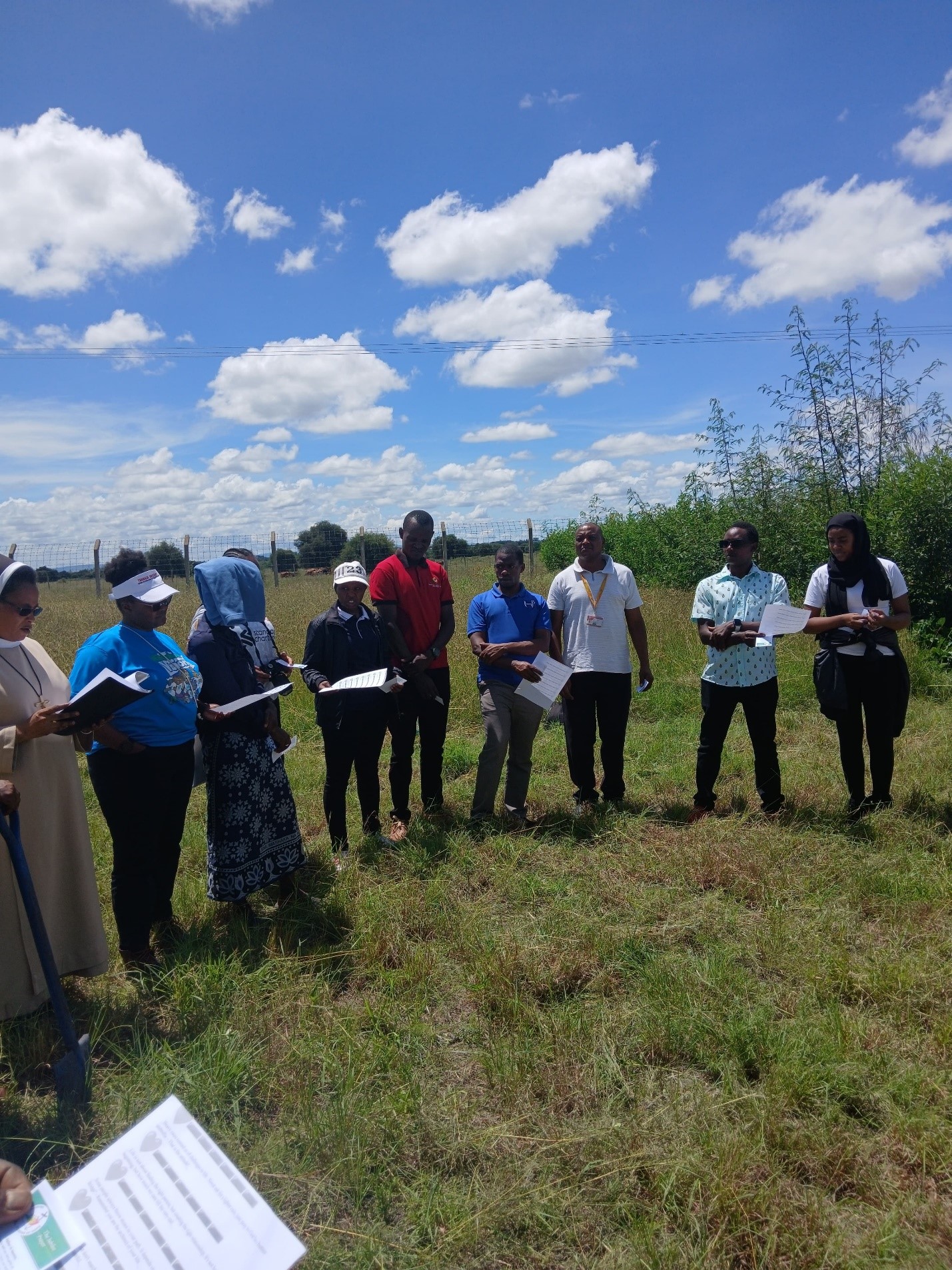
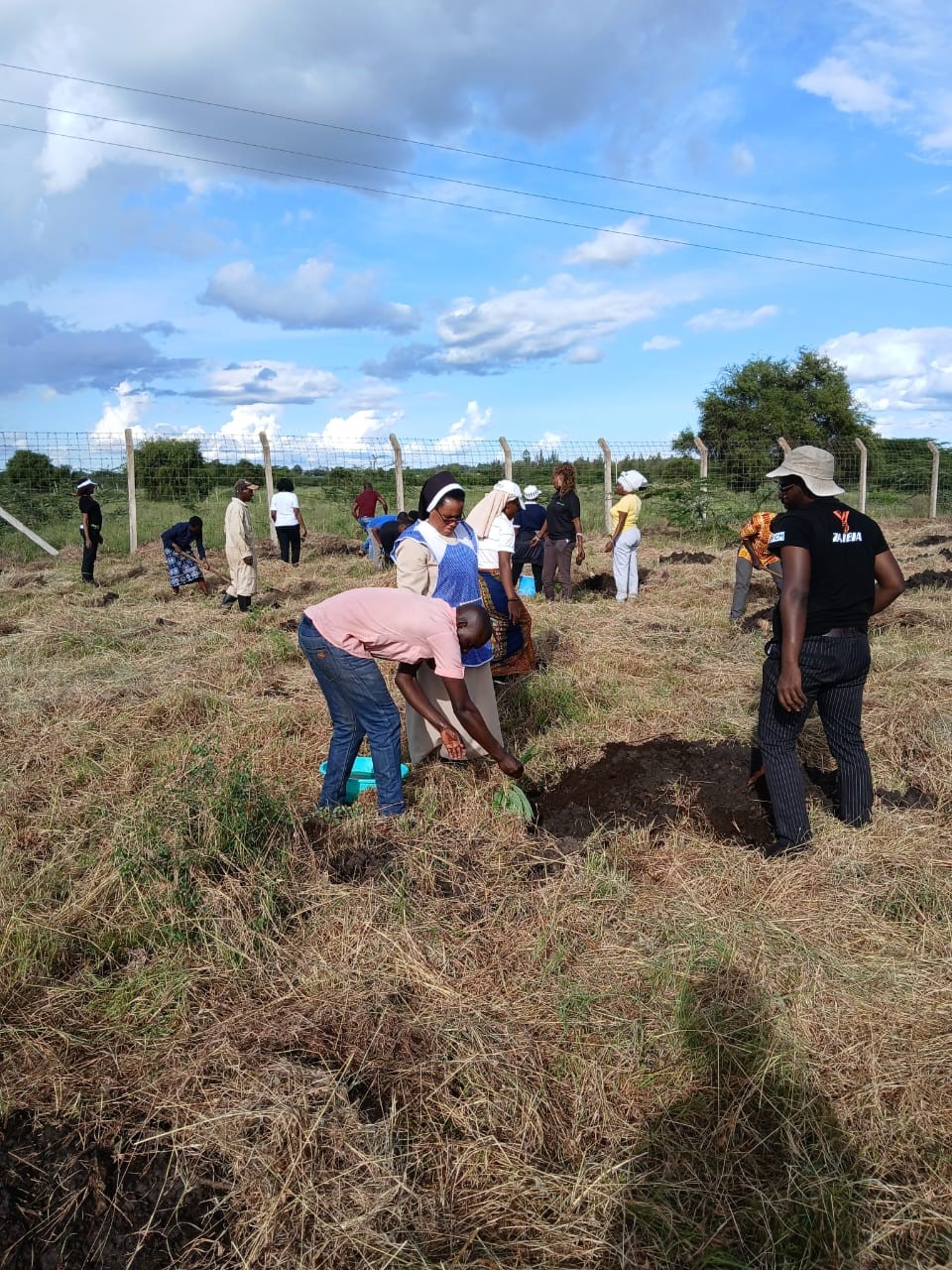
The day was marked by prayer, reflection, and shared learning. Special focus was given to the life and teachings of Pope Francis, particularly his call for young people to boldly chart a new path by building an economy that is inclusive, regenerative, and rooted in care—for people, the planet, and all of creation. This vision closely aligns with the purpose of the Tangaza Laudato Si Garden, which serves as a living model of an alternative economy—one that promotes ecological sustainability, community cooperation, and fairness in resource sharing.
The spirit of the “gift economy” was evident throughout the event. Community members not only came to learn but also contributed generously by sharing their time, resources, and knowledge—demonstrating mutual benefit and deep solidarity. This model of a care-based economy was further highlighted by the generous support received from various partners.
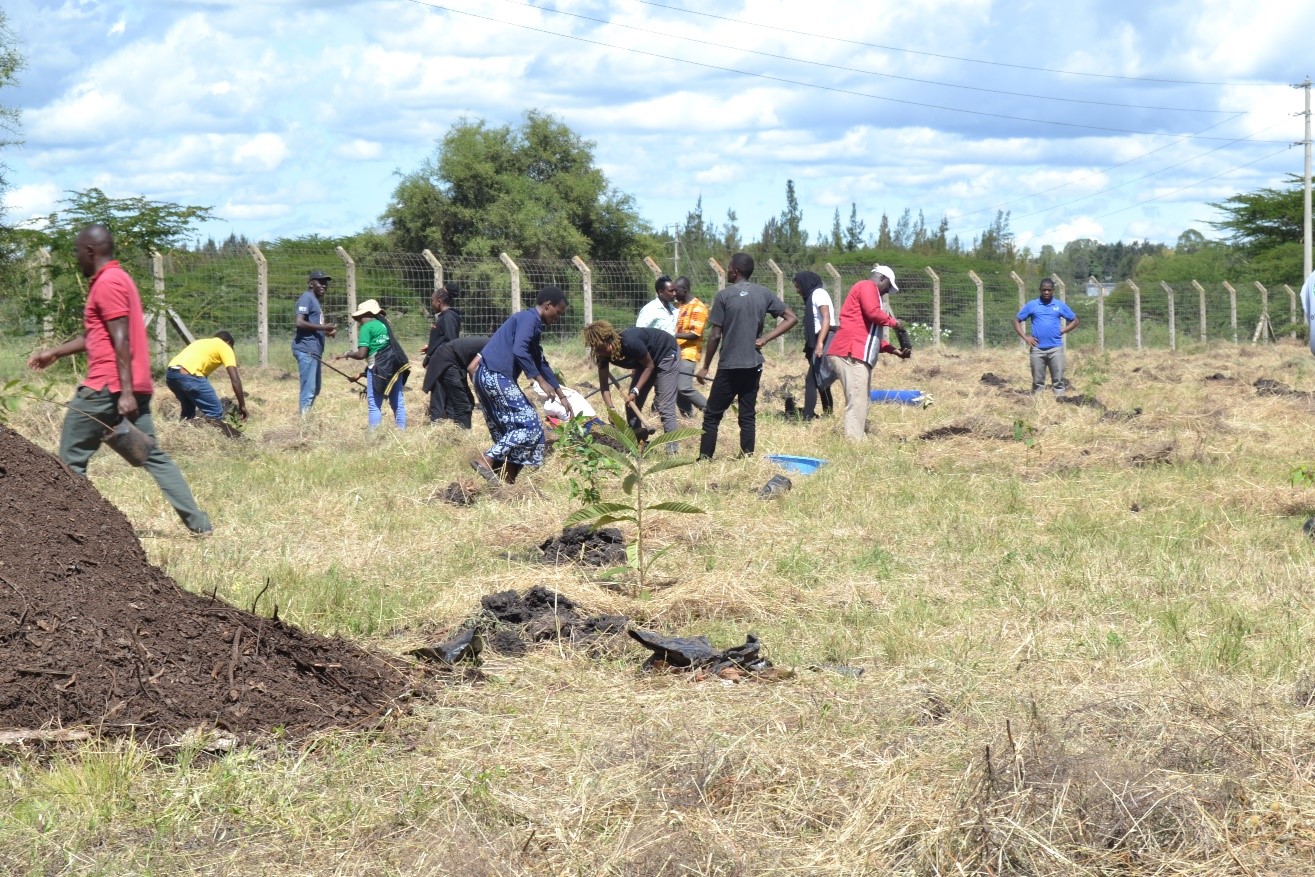
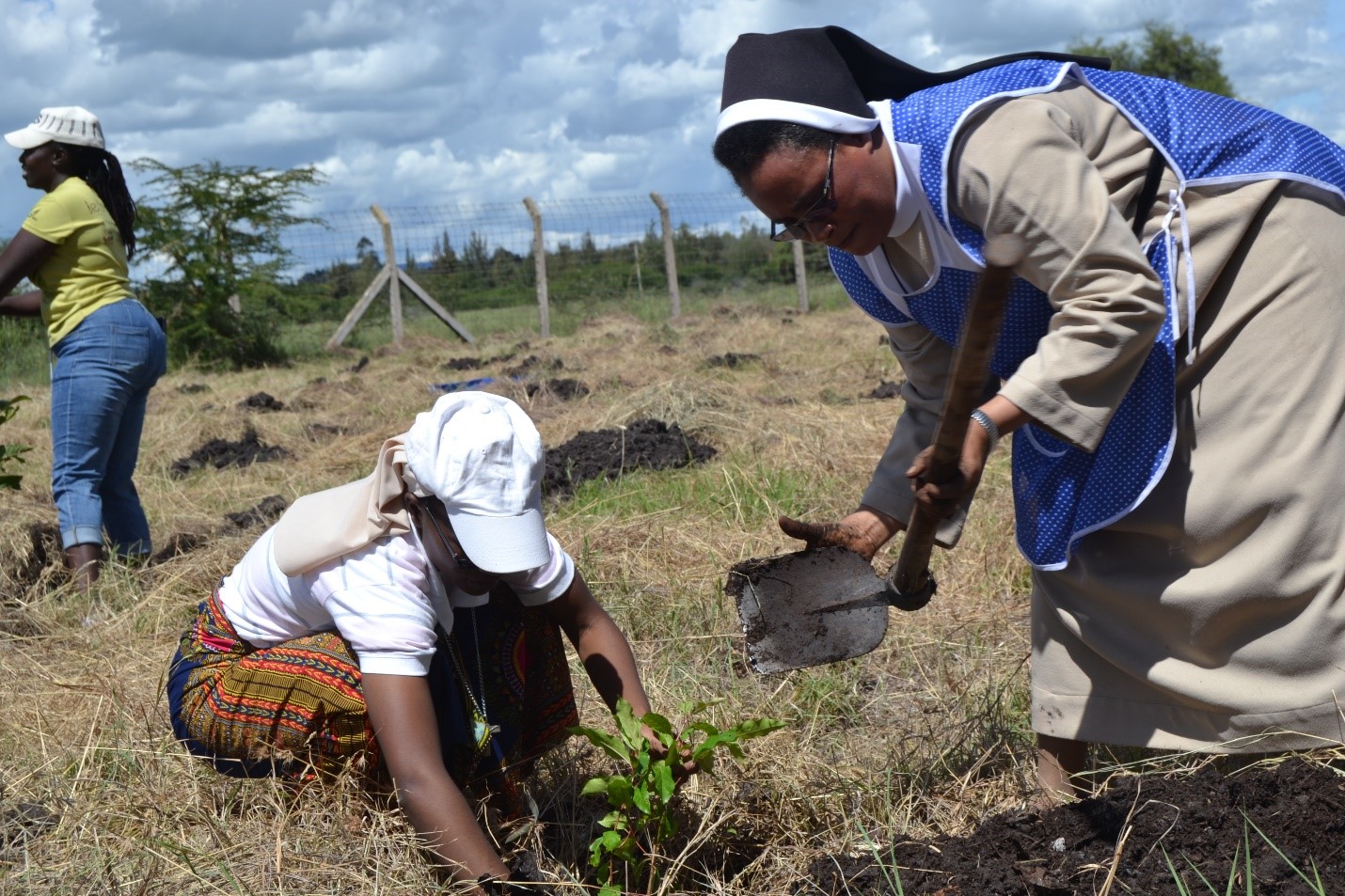
Notably, Laura from GLFx and Terry from Kenya Youth in Forestry donated 160 trees. James Kagwe, a longstanding supporter of the initiative, contributed both his expertise in system design and numerous seedlings. Other key partners present included Maureen Wanjiru and Elvis from IUNCB, Lorna from The Seed magazine (Comboni Missionaries), Emmanuel of the Comboni Alliance for Social Entrepreneurship, Jamleck Mwangi from JKUAT, Gloria Lukambo of Vijana Twaweza, and the Justice, Peace, and Integrity Club of Tangaza University.
The session went far beyond tree planting—it was a rich, immersive service-learning experience. Students took part in hands-on activities that deepened their understanding of sustainable systems and how to design thriving, impactful projects. Key insights shared included the importance of knowing the why behind one’s actions and exploring diverse strategies to achieve meaningful outcomes. Participants also gained a deeper appreciation for the planning and organizational efforts that made the initiative possible.
This practical learning experience inspired many, highlighting the transformative power of collaborative action rooted in the values of Laudato Si’. It reinforced goals such as responsible production and consumption, and emphasized principles like the circular economy, where every resource is utilized efficiently and nutrients are cycled back into the system. This lesson is especially critical today as our society faces the interconnected challenges of the triple planetary crisis—climate change, biodiversity loss, and pollution.
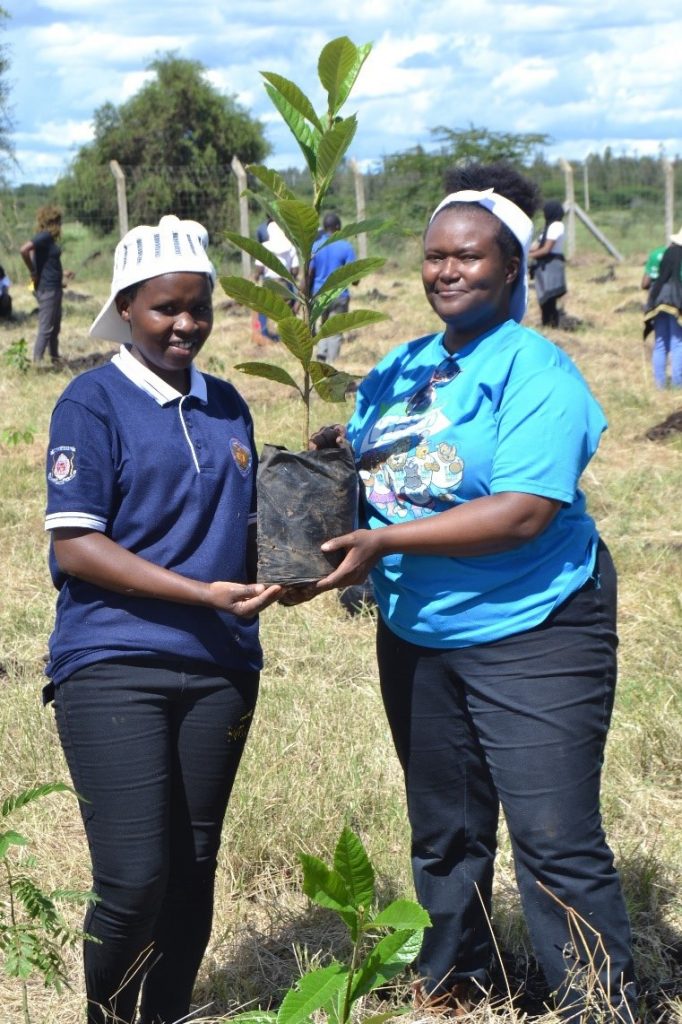
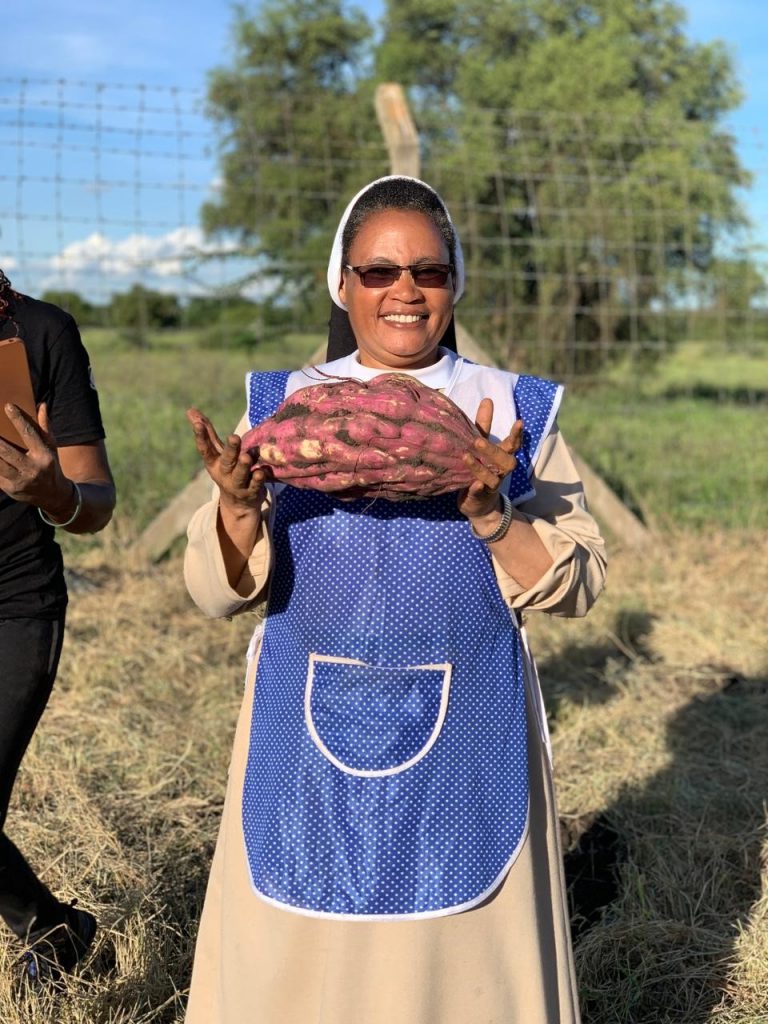
Some of the sentiments shared by the student
This has been a highly enriching learning session. We have gained a deeper understanding of various concepts, including indigenous approaches to pest management, and were introduced to diverse tree planting designs—an enlightening experience. Such practical and experiential learning opportunities are essential, and we should have more of them. This embodies the essence of true learning.
Cosmas Kantu
This was a wonderful event where the spirit of collaboration truly stood out. We had students from all three schools, as well as partners from different organizations. The participation of members from the local community was especially meaningful—it shows the importance of working together at all levels. I’m grateful to have been part of this initiative.
Mark Majang


